Scientists at Southwest Jiaotong University in China have built a prototype testing platform for a near-vacuum high-speed maglev train that is theoretically capable of reaching speeds up to 2900 km/h or about 1,800 mph. Currently, the fastest commercially operated maglev reaches just 431 km/h and even the world record is just 581 km/hr.
science (Page 13)
Golden Week in Japan is a great excuse to use those consecutive spring days off to relax, see a new part of the country or just enjoy some cheap ice cream. But vacationers wanting something a little different got an extra special Golden Week treat last week when a museum in Shizuoka dissected an incredibly rare megamouth shark in full view of the holiday crowd.
Fewer than 60 megamouth sharks have been caught around the world and this 4.4 meter-long specimen was caught last month at a nearby port. Click below to see photos and videos of the live dissection.
In the physical and mental fields, technology is constantly evolving to assist humans, but what about in the emotional realm? Technology is often blamed for deteriorating social skills, but perhaps there is some way that it could be harnessed to improve our personal interactions. Dr. Hirotaka Osawa of the University of Tsukuba has developed a wearable device called AgencyGlass that may be the first step in assisting in “emotional labor.”
Just don’t think you are going to look cool using it.
Rather than wading into the debate as to whether a tree covered in beautiful cherry blossoms or a piece of cutting edge technology is the more representative symbol of Japan, you could split the difference by awarding the title to one of the sakura cherry trees grown from seeds that were taken into space. Not only do they combine the country’s admiration of both nature and innovation, their seeds’ journey to the stars seems to have imparted some of them with the amazing ability to bloom in just half the time of regular cherry trees.
It sounds like the plot of an improbable B-movie. But sometimes the truth is stranger than science fiction. Four women in the US have successfully received implanted vaginas that were grown in a lab from their own cells.
The women, who were all born with a rare condition which means the vagina does not develop properly, underwent the pioneering treatment at Wake Forest School of Medicine, North Carolina. The engineered vaginas, the first to be grown from the patients’ own living tissue and successfully implanted, have made it possible for the women to have sex for the first time.
Just as you can broadly divide academic subjects into arts and sciences, in Japan people are often referred to as being “science-type” or “art-type,” with the first describing someone who holds everything up to the light of logic, and the latter for someone who applies more romantic standards.
Recently, Japanese Twitter users have been sharing their theories on the way this difference in fundamental mentality can affect a person’s attitude and feelings about such a wide range of topics such as not being too busy to see their dating partners, what happens when snow melts, or even their reactions to famous anime movie lines.
Last month, we brought you word about a special event at an aquarium in Yokohama where guests were going to be able to eat deep sea armored isopods, which are known in Japanese with the somewhat more descriptive name of ogusokumushi, or “giant armored bugs.”
We all had a good laugh at the zany idea for a publicity stunt, and our chuckling continued right up until the moment our boss said, “OK, one of us has to go try them.”
Miso soup is a staple of the traditional Japanese diet and has long been anecdotally connected with Japanese people’s famously long life expectancy. Now, research has linked consumption of miso soup with a reduced risk of stomach and breast cancer.
Japan’s cancer rates are low compared to western countries, but the country’s relatively high rates of stomach cancer have often been blamed on the high sodium content of the traditional Japanese diet. However, research suggests that miso, the fermented soybean paste which makes the base of miso soup and many other Japanese dishes, could actually counter-act the harmful effects of sodium consumption and even smoking.
The zebrafish is an interesting member of the minnow family for a number of reasons. They cute, fairly cheap, and relatively easy to take care of as pets making them great for warming up the old homestead. On the other hand, they are widely used in labs due to their speedy reproduction and development along with their fully sequenced genome.
Krillin, meanwhile, is an interesting recurring character of the Dragon Ball series. The most popular fully human character, he has developed the power of flight and powerful energy disc. He’s also one of the more versatile dressers of the series sporting outfits and hairstyles beyond his fighting gear.
So what is it that connects this fictional fighter to the freshwater fish?
Have you ever seen what happens when you pour beer onto a strongly heated frying pan? Probably not since few people are willing to waste it in such a way. But if you did you might have been surprised at the magical little show that takes place.
In the following video we can see that the beer takes the form of little spheres that seem to float over the surface of the pan. In fact, they are floating as a result of something called the Leidenfrost effect.
There’s probably a scientific explanation for almost everything in the world, and that includes ice cream. Of course we knew there was some science going on in those delicious scoops of frozen creamy goodness, but this laboratory-themed ice cream parlor in Busan, Korea, works the science right in front of your eyes!
If you’ve never had ice cream made straight out of a laboratory flask, topped with syringes and droppers, read on!
On 2 March this year, a research group from Fukushima University will present the results of their study in which they believe to have found a new species of mayfly. This particular insect was found in a remote swamp near Lake Hibara. This new species is unique in that rather than living from a day to a week like related mayflies, this particular one has a life span of only an hour.
We’ve told you before that Japan is practically overflowing with museums. Everything from ukiyo-e to prisons to Edo period buildings have been preserved for the benefit of public knowledge, and we’d say that almost every museum has something unique or fun to offer. But here’s a museum that is literally one-of-a-kind: The Meguro Parasitological Museum!
They claim to be the only museum in the world dedicated solely to parasites–and we’ve got to say that we believe them! We recently headed down to Meguro to check out their collection and learn a little bit about the critters that might living inside of you right now.
Whoever coined the phrase “Vanity, thy name is woman,” clearly was not a balding man. From implants to Rogaine, men (and some women) with thinning hair are willing to pay a lot of money to keep their cranium covered. A recent study suggest they might be better off making a trip to the greengrocer to return their locks to lusciousness.
Chiba Prefecture’s Wonder Festival is a bi-annual figure and model expo. The event’s bread and butter is figurine of anime and video game characters, in both frighteningly realistic and sexily unrealistic varieties.
But while the first thing most people associate with the event is toys, if your model is made of metal instead of plastic or urethane, and it’s self-propelled to boot, you’ve crossed the line of three-dimensional art and moved into straight-up engineering. Of course, Wonder Festival’s exhibitors aren’t going to stray too far from their fanciful roots, so what do you get when you combine technology with science fiction? You get this amazing giant robot, which is so easy to pilot that attendees could test drive it.
Alright, it doesn’t look so simple from the above image, but on 25 January, Tottori University announced that researchers have found a method to successfully transform a cancerous tumor into non-threatening tissue. Although the research that went into it is incredibly complicated, the result is a single molecule that may be able to universally reverse cancerous cells in a relatively brief amount of time.
The announcement doesn’t hold back its enthusiasm either, proclaiming that from this discovery “the dream of the eradication of cancer is at hand.”
Japan is rightfully billed as being an extremely safe country, and for the most part this extends to its natural environment. Lacking the wolves of Europe and North America, the lions and hippopotami of Africa, and the poisonous everything of Australia, there really isn’t a whole lot lurking in the Japanese animal kingdom that frightens us.
Or at least there wasn’t, until we heard the news that Japan is home to a species of super leeches that can even survive being frozen.
For years, science fiction movies have been teasing us with visions of high-tech wonders that remain frustratingly just out of reach. Where are our flying cars? Shouldn’t we at least have those hovering skateboards by now? How is it we can put a man on the moon, but we haven’t perfected an automated kitchen that can read our thoughts and cook what we want for dinner?
But today, the waiting ends for one of our technology-based dreams, as we operate a powered robot suit from anime and manga hit Appleseed.
On 18 January, a shipment of crabs from Russia arrived at a port in Japan, some of which were bought up by wholesaler Marusan Mikami Shoten. After opening up their haul of red king crabs (an expensive favorite of Japanese seafood lovers) workers were surprised to see one of the large arthropods was shaded a rich lavender color all over.
For modern society to function, there is a line that must be protected. When it does its job, it’s often taken for granted, but should that line break down, fear and panic will shortly follow. The line must hold at all costs.
However, the line cannot be too thick, lest it rob humanity of the joy it needs to continue as a species. For the line to do all that it must, it must be precariously thin, yet unbreakably strong.
What’s that, you ask? Is this thin line the police, who separate the law-abiding and criminal elements of society? No. We’re talking about Japan’s thinnest condom here.
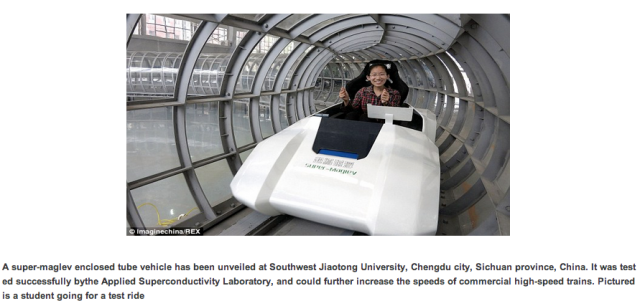
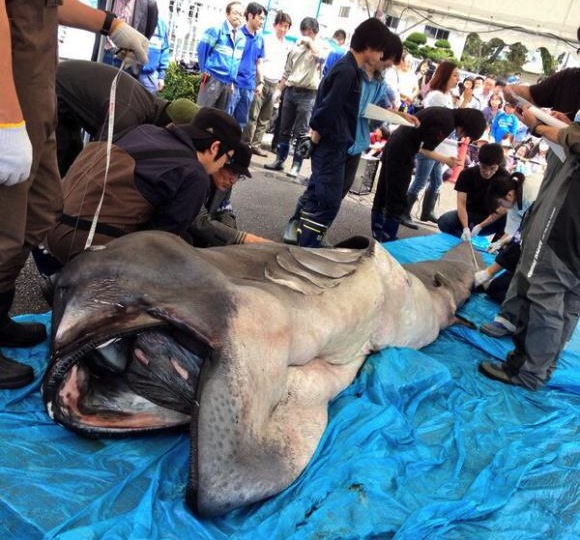
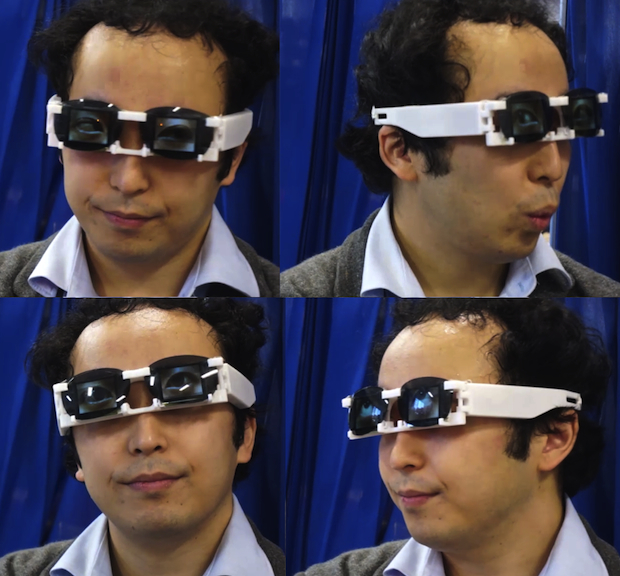
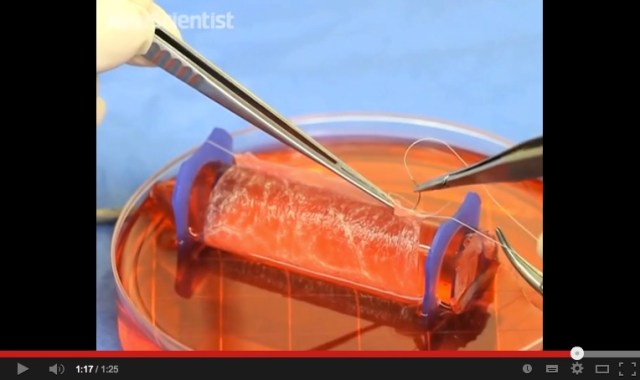
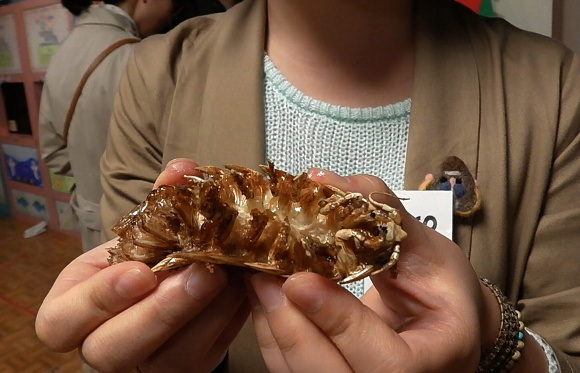
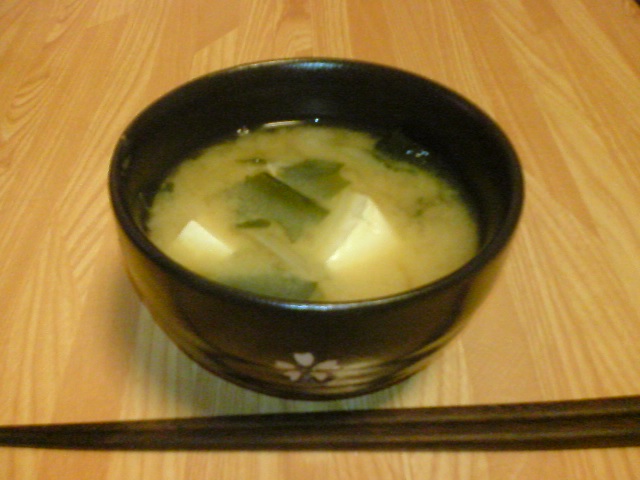
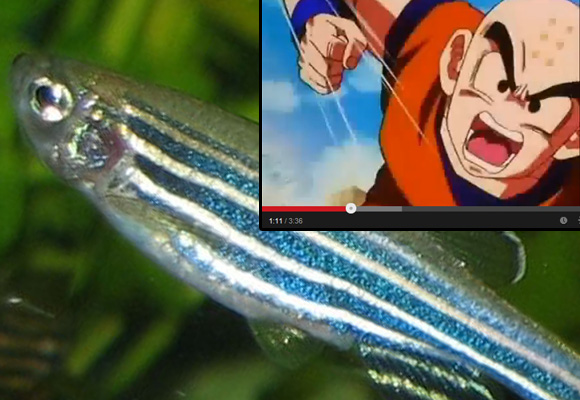
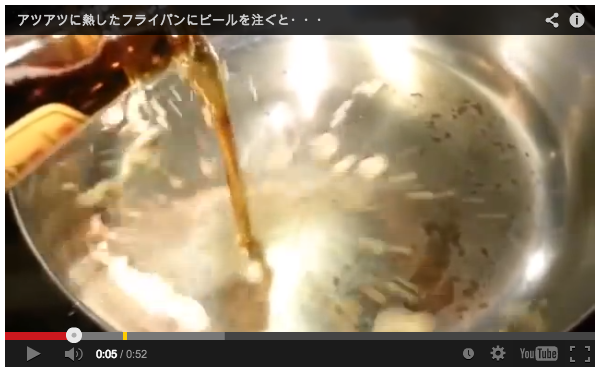

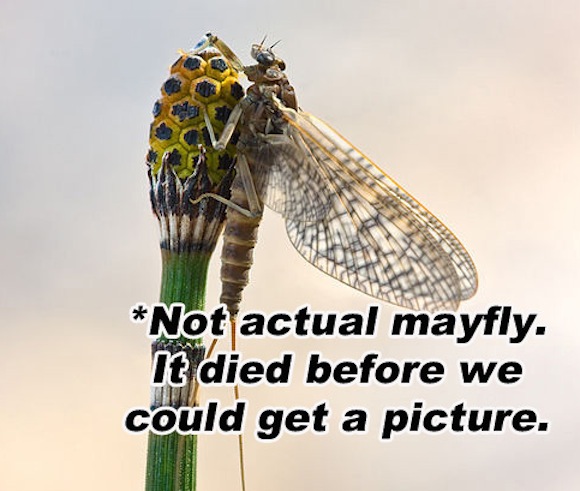
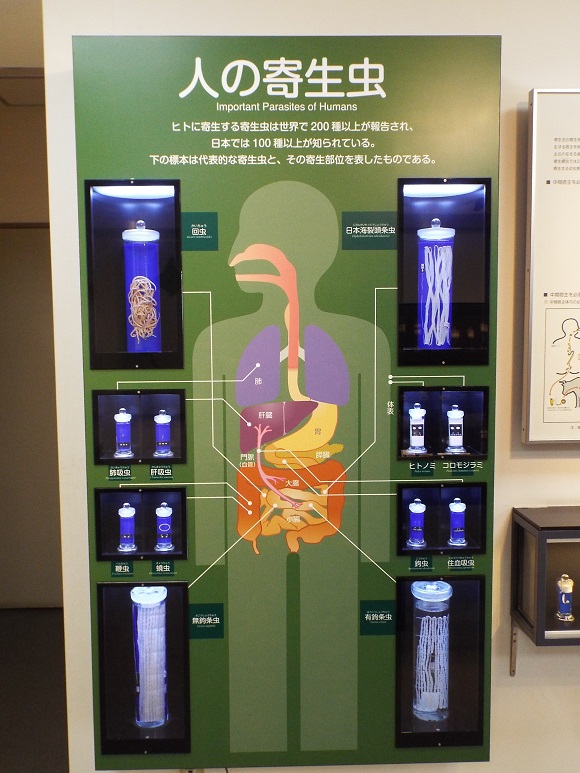

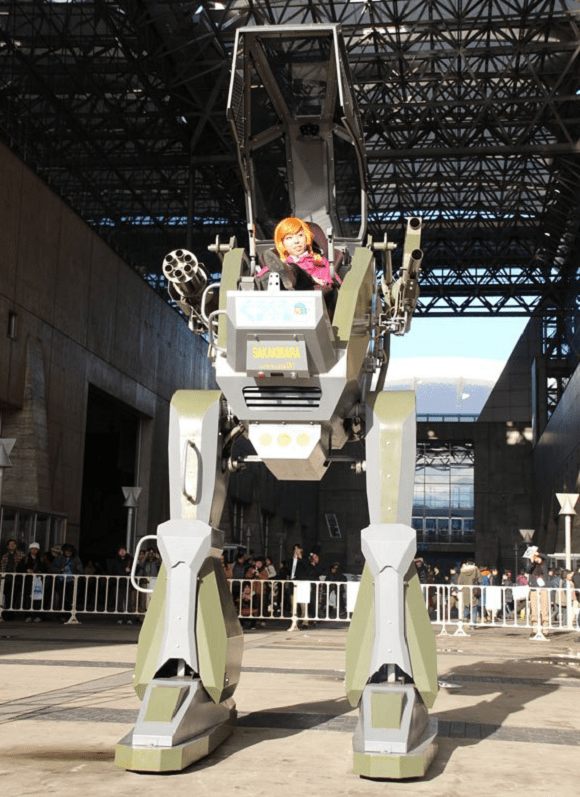

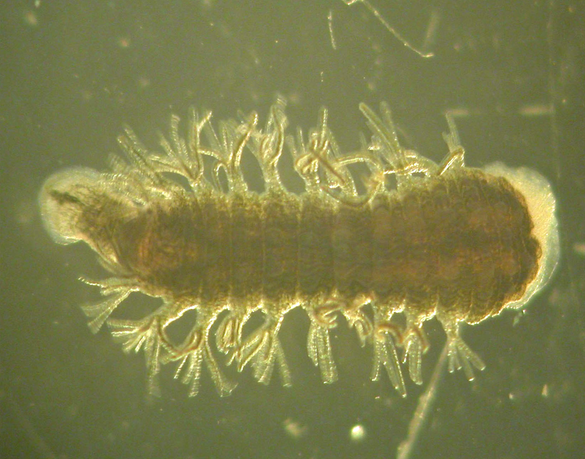
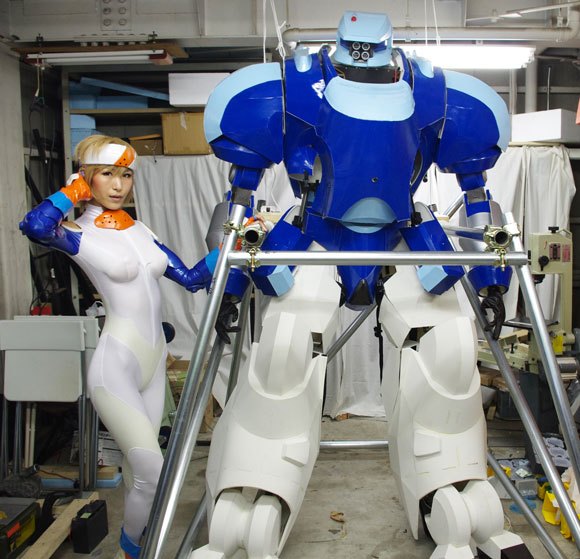
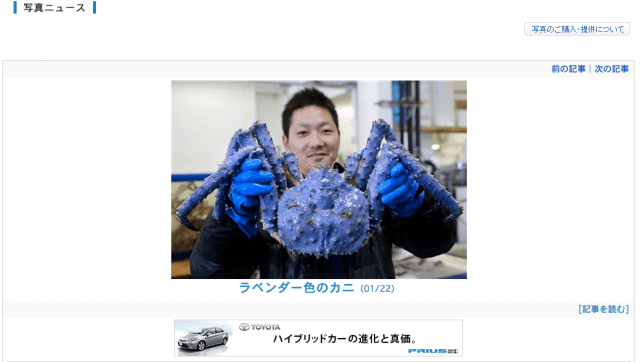

 McDonald’s new Happy Meals offer up cute and practical Sanrio lifestyle goods
McDonald’s new Happy Meals offer up cute and practical Sanrio lifestyle goods All-you-can-drink Starbucks and amazing views part of Tokyo’s new 170 meter-high sky lounge
All-you-can-drink Starbucks and amazing views part of Tokyo’s new 170 meter-high sky lounge Studio Ghibli glasses cases let anime characters keep an eye on your spectacles
Studio Ghibli glasses cases let anime characters keep an eye on your spectacles Beautiful Sailor Moon manhole cover coasters being given out for free by Tokyo tourist center
Beautiful Sailor Moon manhole cover coasters being given out for free by Tokyo tourist center Starbucks reopens at Shibuya Scramble Crossing with new look and design concept
Starbucks reopens at Shibuya Scramble Crossing with new look and design concept Kyoto’s 100 Demons yokai monster parade returns!
Kyoto’s 100 Demons yokai monster parade returns! More foreign tourists than ever before in history visited Japan last month
More foreign tourists than ever before in history visited Japan last month Super Nintendo World expansion gets delayed for several months at Universal Studios Japan
Super Nintendo World expansion gets delayed for several months at Universal Studios Japan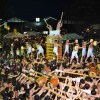 “Half-naked men only in loincloths” drum battle returns to Hida festival for first time in five years
“Half-naked men only in loincloths” drum battle returns to Hida festival for first time in five years Is the new Shinkansen Train Desk ticket worth it?
Is the new Shinkansen Train Desk ticket worth it? Disney princesses get official manga makeovers for Manga Princess Cafe opening in Tokyo
Disney princesses get official manga makeovers for Manga Princess Cafe opening in Tokyo Beautiful new Final Fantasy T-shirt collection on the way from Uniqlo【Photos】
Beautiful new Final Fantasy T-shirt collection on the way from Uniqlo【Photos】 Foreign English teachers in Japan pick their favorite Japanese-language phrases【Survey】
Foreign English teachers in Japan pick their favorite Japanese-language phrases【Survey】 Japanese convenience store packs a whole bento into an onigiri rice ball
Japanese convenience store packs a whole bento into an onigiri rice ball We try out “Chan Ramen”, an underground type of ramen popular in the ramen community
We try out “Chan Ramen”, an underground type of ramen popular in the ramen community Studio Ghibli releases Kiki’s Delivery Service chocolate cake pouches in Japan
Studio Ghibli releases Kiki’s Delivery Service chocolate cake pouches in Japan Japan’s bone-breaking and record-breaking roller coaster is permanently shutting down
Japan’s bone-breaking and record-breaking roller coaster is permanently shutting down New definition of “Japanese whiskey” goes into effect to prevent fakes from fooling overseas buyers
New definition of “Japanese whiskey” goes into effect to prevent fakes from fooling overseas buyers Our Japanese reporter visits Costco in the U.S., finds super American and very Japanese things
Our Japanese reporter visits Costco in the U.S., finds super American and very Japanese things Studio Ghibli unveils Mother’s Day gift set that captures the love in My Neighbour Totoro
Studio Ghibli unveils Mother’s Day gift set that captures the love in My Neighbour Totoro Foreign passenger shoves conductor on one of the last full runs for Japan’s Thunderbird train
Foreign passenger shoves conductor on one of the last full runs for Japan’s Thunderbird train Domino’s Japan now sells…pizza ears?
Domino’s Japan now sells…pizza ears? New Japanese KitKat flavour stars Sanrio characters, including Hello Kitty
New Japanese KitKat flavour stars Sanrio characters, including Hello Kitty Kyoto creates new for-tourist buses to address overtourism with higher prices, faster rides
Kyoto creates new for-tourist buses to address overtourism with higher prices, faster rides Sales of Japan’s most convenient train ticket/shopping payment cards suspended indefinitely
Sales of Japan’s most convenient train ticket/shopping payment cards suspended indefinitely Sold-out Studio Ghibli desktop humidifiers are back so Totoro can help you through the dry season
Sold-out Studio Ghibli desktop humidifiers are back so Totoro can help you through the dry season Japanese government to make first change to romanization spelling rules since the 1950s
Japanese government to make first change to romanization spelling rules since the 1950s Ghibli founders Toshio Suzuki and Hayao Miyazaki contribute to Japanese whisky Totoro label design
Ghibli founders Toshio Suzuki and Hayao Miyazaki contribute to Japanese whisky Totoro label design Doraemon found buried at sea as scene from 1993 anime becomes real life【Photos】
Doraemon found buried at sea as scene from 1993 anime becomes real life【Photos】 Tokyo’s most famous Starbucks is closed
Tokyo’s most famous Starbucks is closed One Piece characters’ nationalities revealed, but fans have mixed opinions
One Piece characters’ nationalities revealed, but fans have mixed opinions We asked a Uniqlo employee what four things we should buy and their suggestions didn’t disappoint
We asked a Uniqlo employee what four things we should buy and their suggestions didn’t disappoint Princesses, fruits, and blacksmiths: Study reveals the 30 most unusual family names in Japan
Princesses, fruits, and blacksmiths: Study reveals the 30 most unusual family names in Japan Kyoto’s 100 Demons yokai monster parade returns!
Kyoto’s 100 Demons yokai monster parade returns! More foreign tourists than ever before in history visited Japan last month
More foreign tourists than ever before in history visited Japan last month Super Nintendo World expansion gets delayed for several months at Universal Studios Japan
Super Nintendo World expansion gets delayed for several months at Universal Studios Japan “Half-naked men only in loincloths” drum battle returns to Hida festival for first time in five years
“Half-naked men only in loincloths” drum battle returns to Hida festival for first time in five years Is the new Shinkansen Train Desk ticket worth it?
Is the new Shinkansen Train Desk ticket worth it? Pizza Hut’s new coriander pizza contains more cilantro than ever before!
Pizza Hut’s new coriander pizza contains more cilantro than ever before! The top 11 Japanese summer festivals, according to travellers
The top 11 Japanese summer festivals, according to travellers Dogs now allowed on Catbus! Ghibli Park vehicles revise service animal policy
Dogs now allowed on Catbus! Ghibli Park vehicles revise service animal policy How should you respond when a Japanese person gives you a compliment?
How should you respond when a Japanese person gives you a compliment? A diner’s guide to oden: Japan’s weird-looking, super-popular winter dish
A diner’s guide to oden: Japan’s weird-looking, super-popular winter dish Our reporter takes her 71-year-old mother to a visual kei concert for the first time
Our reporter takes her 71-year-old mother to a visual kei concert for the first time Our Japanese reporter visits Costco in the U.S., finds super American and very Japanese things
Our Japanese reporter visits Costco in the U.S., finds super American and very Japanese things Disney princesses get official manga makeovers for Manga Princess Cafe opening in Tokyo
Disney princesses get official manga makeovers for Manga Princess Cafe opening in Tokyo Huge Pikachu plush heavy enough to use as exercise weight, other Pokémon as big as a person
Huge Pikachu plush heavy enough to use as exercise weight, other Pokémon as big as a person